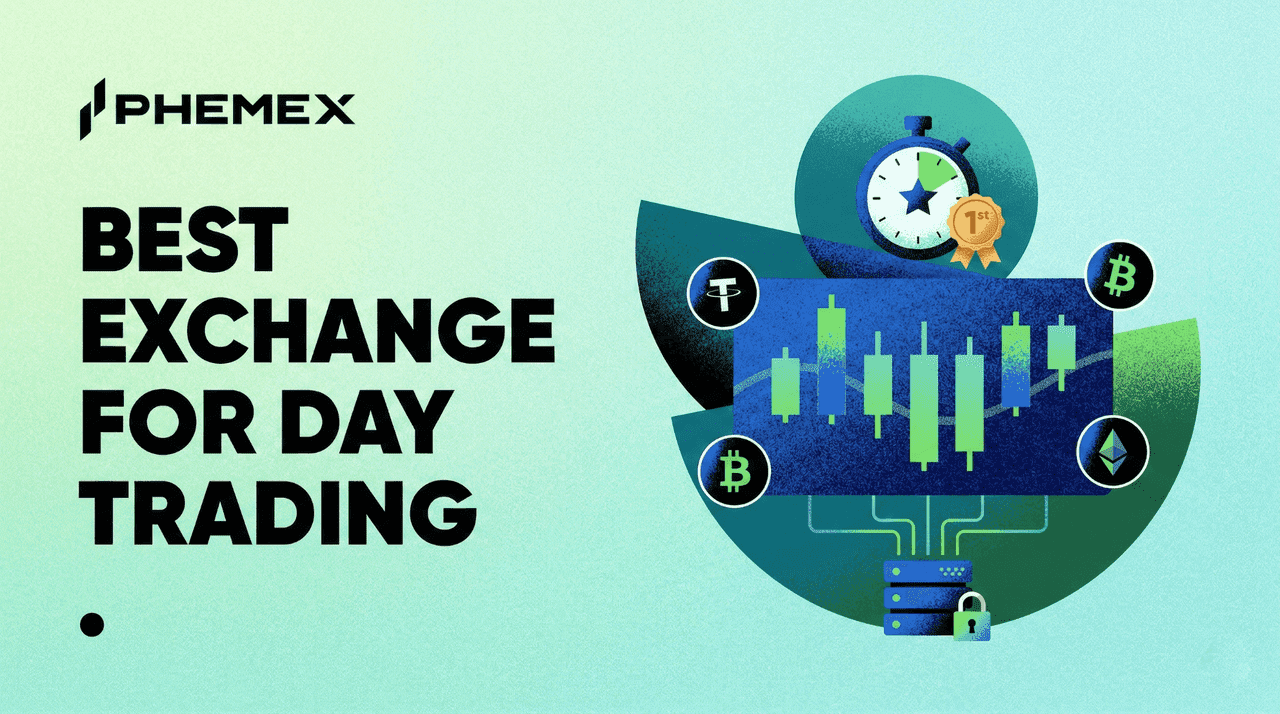What are Crypto Futures?
Crypto futures are financial contracts that obligate parties to buy or sell a cryptocurrency at a predetermined future date and price. These agreements provide traders with a tool to hedge against price volatility or to speculate on price movements of cryptocurrencies without the need to own the actual digital asset.
How Do Crypto Futures Work?
Crypto futures work by allowing traders to agree on the future price of a cryptocurrency. Traders can take two positions:
- Long Position: Betting that the price of the cryptocurrency will rise, allowing them to buy at a lower price now and sell at a higher price in the future.
- Short Position: Speculating that the price will fall, enabling them to sell at the current price and buy back later at a lower price.
These contracts are typically leveraged, meaning traders can enter into large contracts while only posting a small amount of margin. However, this also amplifies potential losses. It’s important to note that unlike derivatives in traditional finance, crypto futures often have no expiry date due to the 24/7 nature of crypto markets. Therefore, many crypto derivatives platforms offer what is called “perpetual futures.”
What are the Risks of Crypto Futures?
The primary risks associated with trading crypto futures include:
- Leverage Risk: High leverage can lead to significant losses, especially if the market moves against the trader's position.
- Market Volatility: The cryptocurrency market is notoriously volatile, which can lead to rapid and substantial price changes.
- Liquidity Risk: Some futures contracts may suffer from low liquidity, leading to difficulties in entering or exiting positions.
- Regulatory Risk: The regulatory environment for cryptocurrencies is still evolving, which could impact the futures market.
Types of Crypto Futures
Crypto futures can be categorized into several types, each offering different specifications and catering to various trading strategies:
- Standard Futures: These have a set expiry date, after which the contract is settled.
- Perpetual Contracts: Unlike standard futures, perpetual contracts do not have an expiry date, allowing positions to be held indefinitely as long as the trader can meet margin requirements.
- Inverse Futures: These are quoted in cryptocurrency rather than fiat currency and are settled in the underlying digital asset instead of cash.
- Options-based Futures: These contracts provide traders the right, but not the obligation, to buy or sell at a specified price before the contract expires.
Crypto futures are complex instruments that require a good understanding of the market and careful risk management. They are used by experienced traders to hedge other investments or to gain exposure to cryptocurrencies without holding the actual digital assets. Given the risks associated with high leverage and market volatility, traders should approach crypto futures with caution and consider their long-term investment strategy before engaging in futures trading.
How To Choose a Crypto Futures Trading Platform
Choosing the right crypto futures trading platform involves considering several key factors that can affect both your trading experience and success. Here are some essential aspects to consider:
- Security Features: Look for platforms with robust security measures such as two-factor authentication (2FA), cold storage for funds, encryption technology, and regular audits.
- Trading Fees: Compare fee structures, including trading fees, withdrawal fees, and any hidden costs. Some platforms offer lower fees for higher trading volumes or for holding their native tokens.
- Liquidity: High liquidity ensures that you can enter and exit positions quickly without significantly affecting the price. This is crucial for minimizing slippage, especially in volatile markets.
- User Interface: The platform should have an intuitive and easy-to-navigate interface, suitable for both beginners and experienced traders. It should also provide good technical and charting tools.
- Customer Support: Reliable customer service is crucial. The platform should offer prompt and helpful support through multiple channels.
- Product Variety: Consider platforms that offer a variety of trading products, including different types of futures contracts like perpetual contracts and options-based futures.
- Regulatory Compliance: Ensure the platform adheres to regulatory standards and has the necessary licenses. This compliance helps protect your investments and provides a safer trading environment.
- Educational Resources: Especially important for beginners, resources such as tutorials, webinars, and articles can be invaluable for understanding the market and trading techniques.
Top Crypto Futures Trading Platforms
Selecting the right platform for trading crypto futures is crucial for both novice and experienced traders. Here's an updated look at some of the top crypto futures trading platforms, each offering unique features and services that cater to different trading styles and needs:
1) Phemex
Phemex is recognized for its user-friendly interface and offers zero-fee spot trading alongside its crypto futures markets. It supports up to 100x leverage on various crypto futures contracts, making it a popular choice for traders looking to maximize their trading power.
Pros:
- Zero fees for spot trading.
- Secure trading environment with cold storage of assets and real-time monitoring.
- Accessible testnet for practicing trading strategies in a risk-free setting.
Cons:
- Relatively new, which might deter risk-averse traders.
- Limited range of educational materials compared to other platforms.
2) Binance
As one of the largest and most diverse platforms, Binance offers an extensive range of crypto futures contracts with high liquidity, making it ideal for executing large trades efficiently. Binance is a leader in the industry, providing a plethora of futures and derivatives products.
Pros:
- Exceptionally high liquidity ensures minimal slippage on crypto futures trades.
- Offers a broad spectrum of futures contracts and trading tools.
- Reduced trading fees are possible through the use of Binance Coin (BNB).
Cons:
- The platform's complexity can be daunting for beginners.
- Faces ongoing regulatory scrutiny in several countries.
3) OKX
OKX excels in offering a wide variety of trading products, including crypto futures, perpetual swaps, and options. It's a great platform for traders who appreciate having access to multiple financial instruments.
Pros:
- Extensive selection of crypto assets and futures contract types.
- Attractive fee structure with discounts for high-volume trading.
- Comprehensive mobile app facilitates trading on the go.
Cons:
- Not accessible to traders in the U.S. due to regulatory restrictions.
- Verification process can be cumbersome for new users.
4) Bybit
Bybit is a dedicated crypto futures trading platform known for its straightforward interface and robust customer support. It focuses heavily on crypto futures markets, providing traders with up to 100x leverage.
Pros:
- Simplified registration process without KYC for basic functions.
- Excellent 24/7 customer support.
- User-friendly for both new and experienced traders.
Cons:
- Limited options for spot trading.
- Regulatory challenges in certain jurisdictions.
5) MEXC
MEXC offers a comprehensive range of trading options, including a vast array of crypto futures trading pairs. It's particularly noted for its innovation in introducing new crypto tokens through its platform.
Pros:
- Extensive range of crypto futures and other trading pairs.
- Competitive trading fees with additional discounts.
- Advanced features cater to experienced traders.
Cons:
- The platform's interface may be overwhelming for newcomers.
- Some trading pairs have low liquidity, affecting trade execution.
When choosing a platform for crypto futures trading, consider factors like regulatory compliance, security features, fee structure, liquidity, and the quality of customer support. It’s advisable to start with a demo account where possible to familiarize yourself with the platform's interface and features before committing real funds. This approach helps mitigate risks and enhances your trading strategy in the volatile crypto futures market.








